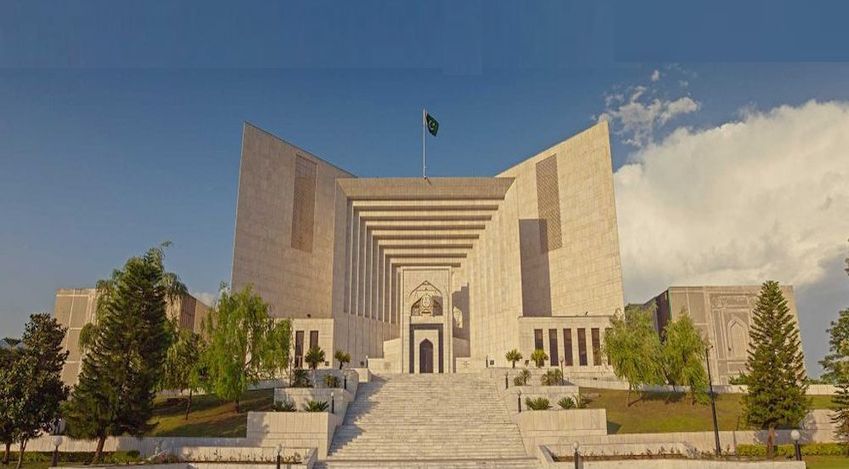The Courts must thoroughly examine Allegations of Abuse rather than summarily dismissing Petitions based on Procedural Technicalities --- Supreme Court of Pakistan
Islamabad 01-01-2025: In a significant decision, the Supreme Court of Pakistan has set aside a High Court order that dismissed a petition for quashment under the Illegal Dispossession Act, 2005, and remanded the case for fresh adjudication. The judgment, delivered by a bench comprising Mr. Justice Muhammad Ali Mazhar and Mr. Justice Irfan Saadat Khan, emphasizes the High Court’s responsibility to address substantive grounds in petitions alleging abuse of process.
The case arose from a criminal complaint filed by the respondent under Section 3 of the Illegal Dispossession Act, 2005, alleging illegal occupation of immovable property by the petitioner. The trial Court took cognizance of the matter on 15-12-2021, following an inquiry conducted under Section 5 of the Act. The petitioner’s quashment plea, filed under Section 561-A of the Code of Criminal Procedure, 1898, was dismissed by the High Court without addressing the detailed grounds raised.
The Supreme Court of Pakistan highlighted the following key points in its judgment:
- The inherent powers of the High Court are intended to prevent abuse of judicial process and secure Justice. Courts must thoroughly examine allegations of abuse rather than summarily dismissing petitions based on procedural technicalities.
- The Act is designed to protect lawful property owners and occupiers from illegal dispossession. However, its provisions must be applied carefully to avoid misuse in civil disputes.
- The Court criticized the High Court for failing to examine whether the petition raised valid issues regarding the alleged abuse of process or the existence of a prima facie case.
The judgment referenced several precedents, including:
- Shahnaz Begum Vs. Judges of High Court of Sindh and Balochistan (PLD 1971 SC 677), which elaborates on the scope of inherent jurisdiction under Section 561-A Cr.P.C.
- Canadian case law, including Canadian Union of Public Employees Vs. City of Toronto (2003 SCC 63), for guidance on the doctrine of abuse of process.
The Supreme Court of Pakistan allowed the criminal petition, converting it into an appeal. It remanded the matter to the High Court with directions to reconsider the quashment petition after addressing all substantive grounds and issuing notices to the parties involved.
Powered by Froala Editor








